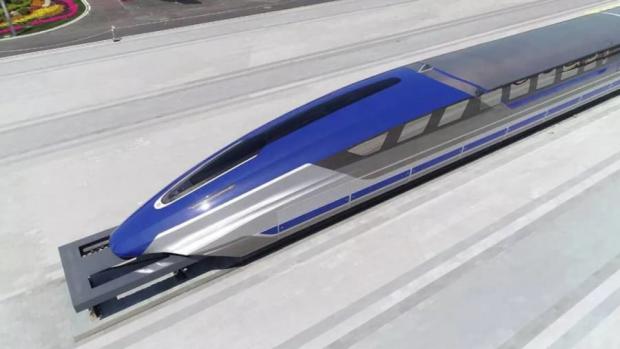
Breaking News
 Trump Announces MASSIVE Social Security Cleanup -- 275,000 Illegal Aliens Removed...
Trump Announces MASSIVE Social Security Cleanup -- 275,000 Illegal Aliens Removed...
 BOMBSHELL: Kash Patel Uncovers Obama Deputy AG Sally Yates' Email Ordering FBI Agents...
BOMBSHELL: Kash Patel Uncovers Obama Deputy AG Sally Yates' Email Ordering FBI Agents...
 China Unveils World's First Pregnancy-Simulating Humanoid Robot
China Unveils World's First Pregnancy-Simulating Humanoid Robot
 How Coca-Cola's Secret Formula Has Changed Over Time
How Coca-Cola's Secret Formula Has Changed Over Time
Top Tech News
 1,000 miles: EV range world record demolished ... by a pickup truck
1,000 miles: EV range world record demolished ... by a pickup truck
 Fermented Stevia Extract Kills Pancreatic Cancer Cells In Lab Tests
Fermented Stevia Extract Kills Pancreatic Cancer Cells In Lab Tests
 3D printing set to slash nuclear plant build times & costs
3D printing set to slash nuclear plant build times & costs
 You can design the wheels for NASA's next moon vehicle with the 'Rock and Roll Challenge
You can design the wheels for NASA's next moon vehicle with the 'Rock and Roll Challenge
 'Robot skin' beats human reflexes, transforms grip with fabric-powered touch
'Robot skin' beats human reflexes, transforms grip with fabric-powered touch
 World's first nuclear fusion plant being built in US to power Microsoft data centers
World's first nuclear fusion plant being built in US to power Microsoft data centers
 The mitochondria are more than just the "powerhouse of the cell" – they initiate immune...
The mitochondria are more than just the "powerhouse of the cell" – they initiate immune...
 Historic Aviation Engine Advance to Unlock Hypersonic Mach 10 Planes
Historic Aviation Engine Advance to Unlock Hypersonic Mach 10 Planes
 OpenAI CEO Sam Altman Pitches Eyeball-Scanning World ID to Bankers
OpenAI CEO Sam Altman Pitches Eyeball-Scanning World ID to Bankers
 New 3D-printed titanium alloy is stronger and cheaper than ever before
New 3D-printed titanium alloy is stronger and cheaper than ever before
China unveils 600km/h maglev train prototype

On Thursday, the body prototype for the country's latest high-speed magnetic-levitation (maglev) train project rolled off the assembly line in the eastern Chinese city of Qingdao.
Developed by the state-owned China Railway Rolling Stock Corporation (CRRC) -- the world's largest supplier of rail transit equipment -- the sleek-looking train is scheduled to go into commercial production in 2021 following extensive tests.
Those involved with the project are optimistic it will completely transform China's travel landscape, filling the gap between high-speed rail and air transportation.
"Take Beijing to Shanghai as an example -- counting preparation time for the journey, it takes about 4.5 hours by plane, about 5.5 hours by high-speed rail, and [would only take] about 3.5 hours with [the new] high-speed maglev," said CRRC deputy chief engineer Ding Sansan, head of the train's research and development team, in a statement.
While the cruising speed of an aircraft is 800-900 km/h, at present trains on the Beijing-Shanghai line have a maximum operating speed of 350 km/h.



